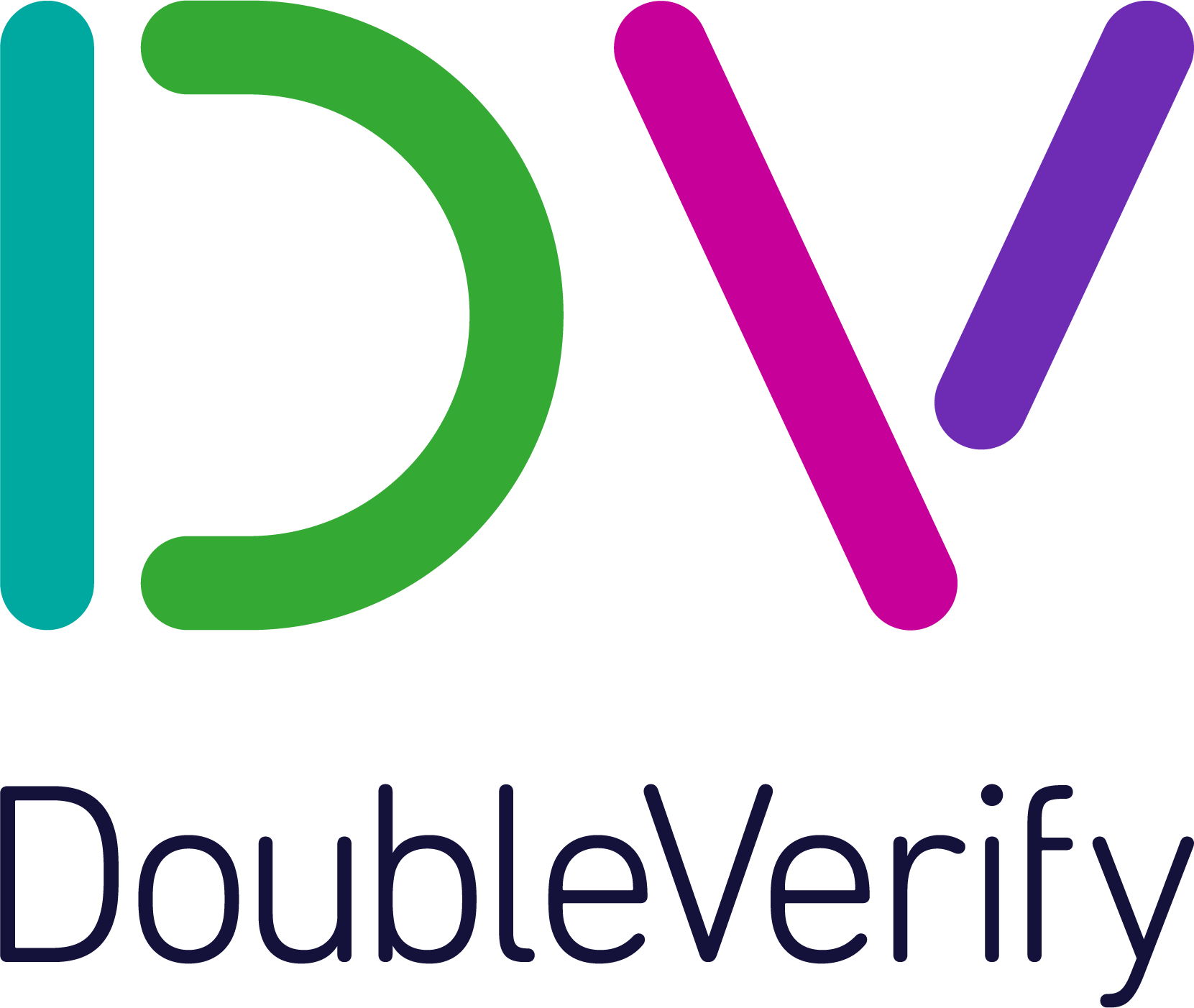
Identification et mesure
du trafic invalide
Le tableau ci-dessous fait un état des lieux sur la capacité des principaux acteurs de l’adverification à détecter et à filtrer le trafic invalide selon différents environnements :
 Updated February 2024 |  |  |  |
|---|---|---|---|
| 11) In which environments are you able to detect and prevent IVT? | |||
| a) desktop | Yes | Yes | Yes |
| b) mobile web | Yes | Yes | Yes |
| c) mobile app | Yes | Yes | Yes |
| d) CTV | Yes | Yes | Yes |
| 12) For which environments are you accredited by the MRC? | |||
| a) desktop | Yes | Yes | Yes |
| b) mobile web | Yes | Yes | Yes |
| c) mobile app | Included in the next audit cycle (2024) | Yes | Yes |
| d) CTV | No | Yes | No |
Ci-après les grilles d’analyse du CESP sur la détection et le filtrage du trafic invalide.
Le CESP souligne que ces grilles sont basées sur la confiance accordée par le CESP à l’égard des informations fournies par les mesureurs.
Les réponses indiquées dans la grille ont été communiquées en anglais, par les équipes techniques de chaque mesureur.
Pour naviguer dans un tableau :
– sur ordinateur : cliquez sur une de ses cellules et naviguez horizontalement avec les touches de direction du clavier ou utilisez la barre de scroll horizontal qui se situe en bas du tableau.
– sur mobile : nous vous recommandons de passer en format paysage pour un meilleur affichage.
Vous pouvez télécharger la grille que vous souhaitez au format Excel tout en filtrant les mesureurs.
Les mesureurs sont répartis dans plusieurs onglets selon si leur solution a été accréditée ou non par le MRC (Media Rating Council).

Environnement Web
Solutions accréditées
 Updated February 2024 |  |  |  |
|---|---|---|---|
| 1) Do you flag invalid traffic on a user level? | Yes | Yes | Yes |
| 2) Do you flag invalid traffic on a site level? | Yes | Yes | Yes |
| 3) Do you flag invalid traffic on a domain level? | Yes | Yes | Yes |
| 3)bis Which other elements or pieces of information does your solution take into account for detection and filtration of invalid traffic? | Adloox’s proprietary technologies and algorithms, user agent, transaction speed, frequency, etc. | N/A | N/A |
| 4) What information is used for the IVT filter? (are they shared between campaigns, between clients?) | Adloox’s proprietary technologies, machine learning skills and the ability to process billions of queries per day worldwide are placing Adloox at the forefront of detection and elimination of Ad Fraud. Adloox analysis is user centric, URL centric, supply centric,... hundreds of algorithms are applied every day to provide the most precise and granular data that can be optimized in PreBid. | Shared between all campaigns and clients. DV has a dedicated fraud lab with data scientists, mathematicians and analysts from the cyber fraud prevention community. DV employ a variety of approaches to detect new forms of fraud - from AI and machine learning to manual review. Through constant analysis of over 200+ data points, scenario management and research, DV pinpoint the sites, apps and devices responsible for fraudulent activity - updating our protection in virtual real time. DV Fraud dectectors and segments are constantly being updated, over 100 times daily. | IAS sees up to 10 billion impressions and trillions of events a day, from around the world. IAS machine learning technology becomes smarter as it gets more data from advertisers and publishers. IAS clients don’t just benefit from the data they contribute but also from fraud detection results across the ecosystem. |
| 5) Do you use Machine Learning methods for IVT filtering? | Yes | Yes | Yes |
| 6) How often do you refresh the IVT filter parameters? (For instance, when an IP address is blacklisted, how long is it blacklisted for?) | Daily | DV is continually updating items and discovering and analyzing new fraudulent ADIDs throughout the day. Throughout the hour, these are pushed to DV’s systems | Once traffic is identified as IVT, IAS places the source utilized to identify the suspicious activity onto a blacklist. The IP blacklist is refreshed once a day to ensure accuracy, and new sources are added to it in near real time. |
| 7) Do you filter on auto-refresh impressions considering an excessive refresh rate as a risk of IVT? | Yes | Yes | No |
| 8) Do you partner with other companies to help you detect Invalid Traffic? | No | No | No |
| 9) Are you able to prevent ads from being viewed post-bid? | Yes | Yes | Yes |
| 10) Has your solution been accredited by MRC for Sophisticated Invalid Traffic? N.B: MRC Accreditation for General Invalid Traffic is included in the viewability accreditation | Yes | Yes | Yes |
| a) If yes, has your solution been continuously accredited since your first accreditation? | Yes | Yes | Yes |
| b) If no, are you in the process of being accredited by MRC? | N/A | N/A | N/A |

Environnement In-app
Solutions accréditées
 Updated February 2024 |  |  |  |
|---|---|---|---|
| 1) Do you flag invalid traffic on a user level? | Yes | Yes | Yes |
| 2) Do you flag invalid traffic on a site level? | Yes (app level) | Yes (app level) | Yes (app level) |
| 3) Do you flag invalid traffic on a domain level? | Yes (app level) | Yes (app level) | Yes (app level) |
| 3)bis Which other elements or pieces of information does your solution take into account for detection and filtration of invalid traffic? | Adloox’s proprietary technologies and algorithms, user agent, transaction speed, frequency, etc. | N/A | N/A |
| 4) What information is used for the IVT filter? (are they shared between campaigns, between clients?) | Adloox’s proprietary technologies, machine learning skills and the ability to process billions of queries per day worldwide are placing Adloox at the forefront of detection and elimination of Ad Fraud. Adloox analysis is user centric, URL centric, supply centric,.. hundreds of algorithms are applied every day to provide the most precise and granular data that can be optimized in PreBid. | Shared between all campaigns and clients. DV has a dedicated fraud lab with data scientists, mathematicians and analysts from the cyber fraud prevention community. DV employ a variety of approaches to detect new forms of fraud - from AI and machine learning to manual review. Through constant analysis of over 200+ data points, scenario management and research, DV pinpoint the sites, apps and devices responsible for fraudulent activity - updating our protection in virtual real time. DV Fraud dectectors and segments are constantly being updated, over 100 times daily. | IAS sees up to 10 billion impressions and trillions of events a day, from around the world. IAS machine learning technology becomes smarter as it gets more data from advertisers and publishers. IAS clients don’t just benefit from the data they contribute but also from fraud detection results across the ecosystem. Additionally, IAS conducts offline technical research into apps and in-app inventory to identify suspicious activity. |
| 5) Do you use Machine Learning methods for IVT filtering? | Yes | Yes | Yes |
| 6) How often do you refresh the IVT filter parameters? (For instance, when an IP address is blacklisted, how long is it blacklisted for?) | Daily | DV is continually updating items and discovering and analyzing new fraudulent ADIDs throughout the day. Throughout the hour, these are pushed to DV’s systems | Once traffic is identified as IVT, IAS places the source utilized to identify the suspicious activity onto a blacklist. The IP blacklist is refreshed once a day to ensure accuracy, and new sources are added to it in near real time. |
| 7) Do you filter on auto-refresh impressions considering an excessive refresh rate as a risk of IVT? | Yes | Yes | No |
| 8) Do you partner with other companies to help you detect Invalid Traffic? | No | No | No |
| 9) Are you able to prevent ads from being viewed post-bid? | Yes | Yes | Yes |
| 10) Has your solution been accredited by MRC for Sophisticated Invalid Traffic? N.B: MRC Accreditation for General Invalid Traffic is included in the viewability accreditation | Included in the next audit cycle (2024) | Yes | Yes |
| a) If yes, has your solution been continuously accredited since your first accreditation? | Yes | Yes | Yes |
| b) If no, are you in the process of being accredited by MRC? | N/A | N/A | N/A |
